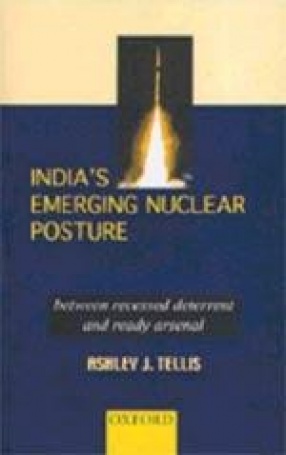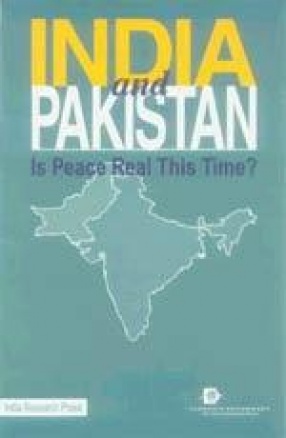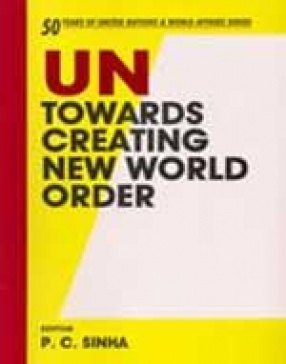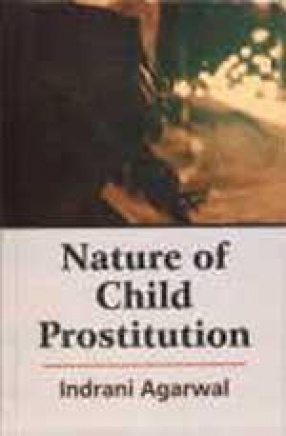After a hiatus of almost twenty-four years, India startled the international community by resuming nuclear testing in May 1998. Pakistan responded later the same month with five nuclear tests of its own. The belief that the nuclear tests in South Asia have not only altered the strategic environment in the region but also transformed New Delhi into a ‘nuclear weapons power’ recurs constantly in Indian strategic and political analyses. In this comprehensive examination of India’s nuclear strategy, the author addresses these issues in the context of a broader understanding of India’s strategic interests, its institutional structures, and its security goals. He argues that the truth is much more complex than most analysts believe and that, despite demonstrating an ability to successfully undertake nuclear explosions, India still has some way to go before it can acquire the capabilities that would make it a consequential nuclear power. Dr. Tellis, a long-time observer of India, draws on a great variety of resources, including Indian and western literature on the subject, and interviews with important Indian political figures, to give arguably the most complete picture to date of India’s nuclear strategy. This book brings together the many pieces of India’s nuclear puzzle and the ramifications for South Asia. It examines the choices facing India in order to discern which future courses of action appear most appealing to Indian security managers. It details how such choices, if acted upon, would affect U.S. strategic interests, India’s neighbours, and the world at large. This is an important book for both the generalist and the specialist and will interest policy-makers, analysts and researchers in strategic and international studies, political scientists and lay readers.
India’s Emerging Nuclear Posture : Between Recessed Deterrent and Ready Arsenal
In stock
Free & Quick Delivery Worldwide
reviews
Bibliographic information
Title
India’s Emerging Nuclear Posture : Between Recessed Deterrent and Ready Arsenal
Author
Edition
1st Ed.
Publisher
ISBN
0195659058
Length
xxx+885p. Figures; Maps; Tables.
Subjects







There are no reviews yet.